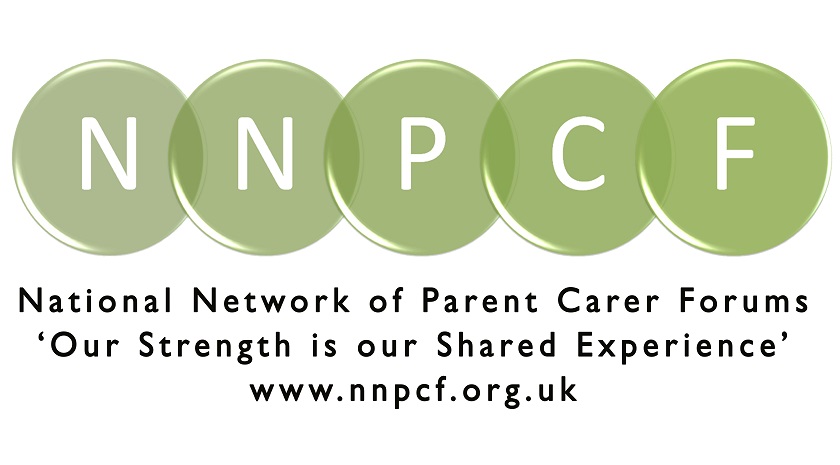When a forum receives a complaint, it can feel upsetting. Complaints can help forums to learn more about the experiences of people so the complaints procedure should be a positive aid to inform and influence improvements and should not be a negative process to apportion blame.
To ensure the forum can manage complaints effectively and reduce the risks of negative consequences, such as spending large volumes of time managing complaints, forums should have a clear complaints policy. Forums may also want to review the page on policies and procedures.
Make sure you have checked key components of your complaints policy such as having stages in the complaint process with clear timescales for responses at each stage.
Identify the key areas of concern for the person and respond to those as clearly as possible. If there are areas of the complaint that fall outside of the forums work, then make this clear and direct them to an appropriate organisation if there is one.
Acknowledge receipt of the complaint and make sure the complainant has a copy of the forums complaints policy. Be clear about who will be dealing with the complaint and communication. Ensure that complainants are aware of how they make a request for reasonable adjustments, such as larger font sizes, more time to speak before anyone responds, BSL interpreter.
Managing the complaint – Where to start
In the first instance it may be worth trying to have a conversation with the complainant to see whether it’s possible to resolve any issues face to face. Listen and don’t respond defensively. Reflect back what you’ve heard and check it with them. Ask questions to get clarity about the complaint if they haven’t given specific information about what they think the forum has done wrong.
If during the meeting the person tries to raise more complaints, then make a decision about whether there’s anything you can include in the original complaint or whether they need to raise this separately.
If the person doesn’t accept your response to their complaint at the face to face meeting, then work through your complaints policy to the next stage.
Forums need to ensure someone different reviews the unresolved complaint, the response and then responds to the complainant with clear reasons as to why points are upheld or not upheld. Stick to the timescales in your complaints policy as far as possible.
Get support when drafting responses to get an objective view, this could be from a colleague or your participation adviser. Keep to the facts and acknowledge feelings and perceptions. Acknowledge where the forum could have done something better and let them know what will happen to change this going forwards.
Don’t respond to repeated communications straight away – you can send a holding email and let them know you’ll respond in 5 -10 working days. Sometime processing time can help all involved and can support people manage their emotions.
It is ok to let someone know that you have a small team, reassure them that their concerns have been received and that you will get back to them in the agreed time frame.
Persistent and unreasonably persistent complaints and communication
Persistent and unreasonably persistent complaints refer to frequent complaints from individuals or groups who, because of the nature and frequency of their communications can hinder the complaint or take up an unreasonable amount of forum time and resources.
The behaviour of persistent and unreasonably persistent complainants has the potential to cause harm and negatively impact on the wellbeing, or health and safety of the person handling the complaint as well as other people in the forum. If you need support with persistent complaints please contact your participation adviser for guidance.
In serious situations you may need to talk to the local police or a solicitor, you may want to look at the page on managing bullying, harassment and stalking for more information.
Do you have any thoughts about this page? Visit our How to feedback page to share them.
Looking for something else? You can find a full list of pages on our Parent Carer forum handbook contents page.
Related content

Policies and Procedures
Find more information and downloadable templates for policies and procedures.
Read more
Contact Parent Carer Participation Advisers
Parent Carer Participation Adviser's support the forum and provide a sounding board for the forum leadership. Find your forum's named adviser here.
Read more
Community Matters
Find out more about Community Matters support offer.
Read more
CIC Assistance Programme
The CIC assistance programme is designed to help forums to carry out their role while maintaining their wellbeing.
Read moreManaging bullying, harassment and stalking
While very few forums experience bullying, harassment or stalking we discuss what to do if this happens.
Read more
NNPCF website and social media
View information available to all forums via the NNPCF website and social media platforms.
Read more